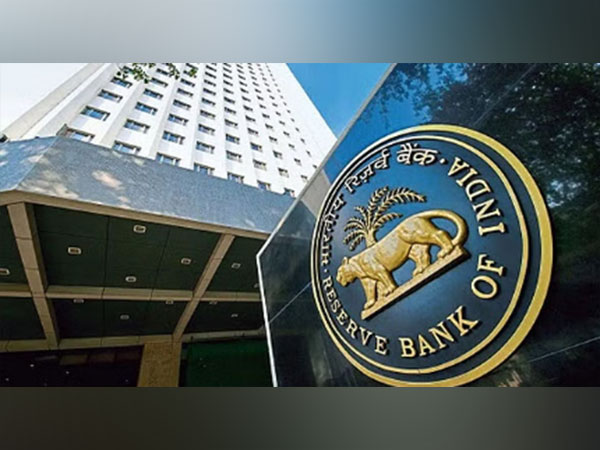RBI's decision to maintain repo rate welcomed, Impact on affordable housing a concern
Jun 10, 2023
NewsVoir
Delhi NCR [India], June 10: The recent decision by the Reserve Bank of India (RBI) not to hike the repo rate unchanged has been met with appreciation. While the current rate of 6.5 per cent is at its highest in four years and impacts affordable housing, the momentum gained by the realty sector, especially in premium and luxury segments, is expected to remain largely unaffected. As the real estate sector significantly contributes to the country's GDP, stakeholders hope for rate reductions in the next meeting to stimulate the sector's growth further.
The governor of the Reserve Bank of India (RBI) has stated that they anticipate the GDP growth for the initial fiscal of FY2024 to be around 8 per cent. Following this, they expect growth to be approximately 6.5 per cent in Q2, 6 per cent in Q3, and 5.7 per cent in Q4. The RBI has maintained its projection for the entire fiscal year of 2023-24, expecting the GDP growth to remain at 6.5 per cent.
The Reserve Bank of India (RBI) has chosen not to raise rates for the second time. Initially, the central bank halted the rate hike process during its April monetary policy committee (MPC) meeting. This decision is based on the significant decline observed in the trajectory of Consumer Price Index (CPI) inflation.
Vikas Bhasin, Managing Director, Saya Group stated we welcome this decision by RBI. The repo rate at 6.5 per cent is already at its highest in the last four years, the EMIs are high, and the developers still have to pay high-interest rates on the project finances. Still, the fact that RBI decided to keep it unchanged has signalled a change in outlook. It will boost investors' confidence and propel the sector's growth, and given the NCR's optimistic real estate scenario, boost investment in premium and luxury projects.
An unchanged repo rate by RBI is a welcome move for the real estate sector, as it reduces the uncertainty and volatility that could have decreased investments. It fosters confidence among buyers and developers, ensuring sustained development and expansion in the market. With lower borrowing costs, both residential and commercial real estate projects are more likely to move forward, leading to increased construction activity and job creation. The stable interest rates will also encourage investment among first-time buyers as well as the middle-income groups says Salil kumar, Director-Marketing and Business management, CRC group.
Sudhanshu Rai, Director of Ocean Infraheights says Repo rate stability by the RBI is a calculated strategy to strike a balance between inflation and growth. Rate stability helps the real estate industry while guaranteeing that inflation is kept under control. This strategy helps maintain affordability, which is essential for a long-term real estate market and would prevent an unexpected price increase. The RBI's decision favours the real estate industry by fostering growth, fostering a positive investment environment, and preserving a balance between inflation and affordability.
Ashwinder R Singh, CEO Residential, Bhartiya Urban says the Reserve Bank of India (RBI) kept the repo rate unchanged at 6.5 per cent, a decision that is likely to come as a relief to the real estate sector. The sector was facing slight headwinds in recent months due to rising interest rates, which hd made it more expensive for homebuyers to borrow money. The RBI's decision to keep interest rates stable is likely to boost demand for homes. The decision will help to support economic growth. A strong real estate sector can help to drive economic growth by creating jobs and stimulating investment. By keeping interest rates stable, the RBI is helping to create an environment that is conducive to economic growth.
Raj Singh, MD, Navraj Infratech says the RBI's decision to maintain repo rates at current levels, i.e., 6.5 per cent, demonstrates its commitment to supporting the real estate sector. This move fosters investment and economic growth and safeguards against inflationary pressures, promoting a healthy and stable housing market in the long run. By closely monitoring inflationary trends and taking appropriate measures, this move by the RBI will ensure that the real estate sector can thrive without any economic hurdles.
RBI's decision not to increase the repo rate is a good move because stability in the interest rate will boost the market sentiments. However, lowering the rate after 5 to 6 consecutive increases would have been ideal for the sector's growth. The decision to maintain the rates would allow the buyers to invest in real estate without any further hikes in loan interest rates says Pankaj Jain, Director, KW group.
(Disclaimer: The above press release has been provided by NewsVoir. ANI will not be responsible in any way for the content of the same)








